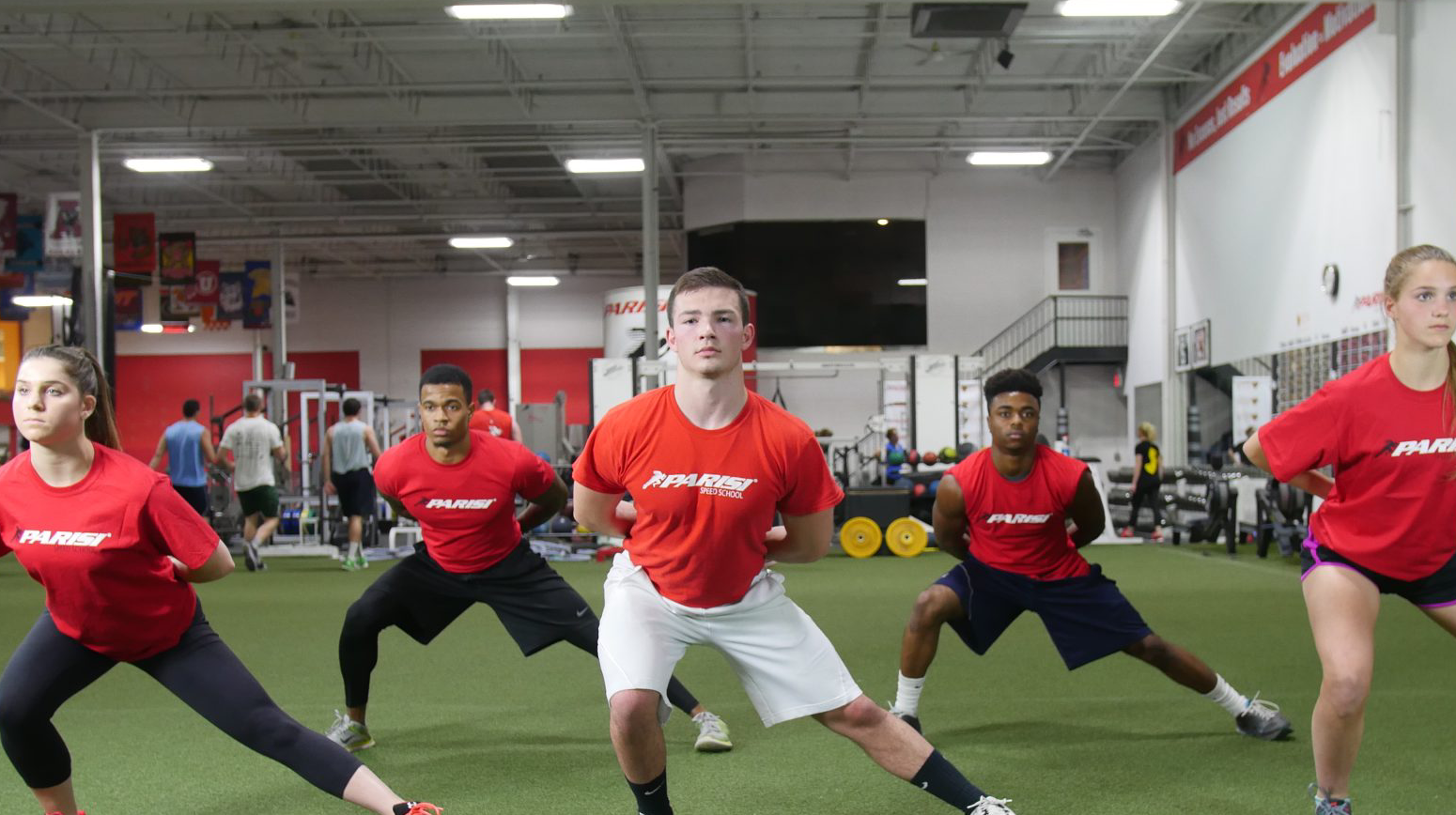When I look for articles or meta-reviews to write about, I consider three things.
- Does the title represent some element of relatable performance training?
- Can I guess the answer of the hypothesis?
- Is the population used in the study relevant to the standard Performance Coach?
With this study, though it was a review, I found it to be very applicable and worthwhile in its validation for sprint training, win-win!
For those new to the show, here’s how these blog posts break down…I am going to test my ability to read and crush the entire article. In this case a ‘brief’ review on maximum strength and change of direction ability. Once done, I am going to write a summary of the article in to these three parts.
Part 1: What we know.
This is going to explain what the research was looking to study, how they studied it, and why you should care.
Part 2: Any comments or concerns about what the study is showing?
Sometimes the best research study looks so good on paper, but then when you dive in you see that it was done on olympic athletes, or was sponsored by a specific company, or something else that can throw a major red flag on its effectiveness in practical use. Alas, that is what we are for here at Parisi HQ
Part 3: How can I use this?
This part is going to explain practical applications of the research. Typically research is lab based and can be hard to replicate when you’re a Performance Coach on a budget. I’m going to do my best to break down how you can actually apply this research to you coaching
As always, for the grammar nerds, here is the article in MLA citation format…if you click on the citation it will take you to the full article.
What we know
Another review…which in this case, I like. The outcome of these research articles is to measure a statistical difference- which in the hypothesis, is an assumed improvement. The more research articles, the more data, with that data, more numbers in the pool of improvement. We can assume that slight differences in research methods will yield different outcome measurables, but when you pool it all together, I think it makes the averages more valid.
Anywho…
This review looked at 12 different studies that had pretty simple inclusion criteria…had to study maximum oxygen intake (VO2 Max), the athletes had to be in good health, and the study had to involve sprint training. Simple enough, right?
What I liked most about this review, and why I ultimately chose it for you to read about, was because it included an exercise prescription! Jump to the ‘how to use it’ section for that information!
Okay, the outcome. What we know is that through these studies, VO2 max improved 2.23 ml/kg/mi. Wowza. There were a few different styles of sprint training that happened throughout the study that yielded different results, but the best part about this is that athletes saw improvements by using a distance as short as 20 meters, a distance very applicable to many performance facilities.
Any comments or concerns about what this test is showing?
Surprisingly, and actually refreshing for once, no. If you want to dive in to the weeds of each of the sprint protocols reviewed, you will see the different styles used, however, the prescription isn’t as important as the general improvement outcome, which validates sprinting as a great way for athletes to improve their VO2 max.
How can I use this?
As stated above, you can dive in to the weeds, but that wouldn’t be fun. The authors of this review boiled the sprint prescription down to this…
8-12 sets of 20-30 second sprints with no more than 3 minutes of rest in between for a duration of 3 weeks.
The best part?
Those 8-12 sets can be dispersed over a training week…they do not need to be done all at once. When I look at a standard training format, something like we use at The Parisi Speed School, I think two sprint sessions focused on 6 sets is the perfect amount and fits perfectly in our training template (shameless plug for the 4-Ps Speed Programming Masterclass).
Finally, a piece of research that gives a quality (and applicable) prescription for Performance Coaches!
